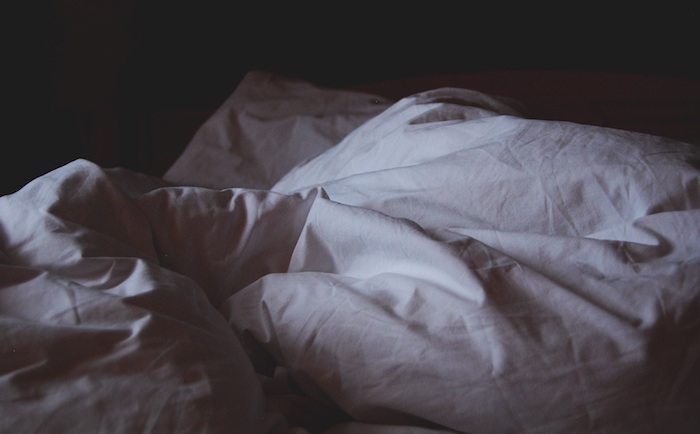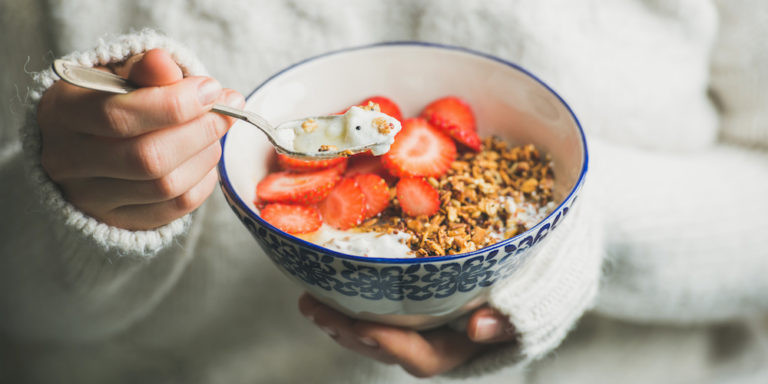The bliss of sleep is a luxury not all of us can obtain. Whilst insomnia, mental health issues and anxiety can all impact how easily we fall asleep, what we eat can have just as much of a say in how soundly we rest.
A study published in the January issue of the Journal of Clinical Sleep Medicine, found that diet significantly influenced sleep quality.
A diet high in sugar, especially close to bedtime was associated with fewer hours of sleep and frequent disturbances.
“It was most surprising that a single day of greater fat intake and lower fiber could influence sleep parameters,” said principal investigator Marie-Pierre St-Onge, PhD, assistant professor in the department of medicine and Institute of Human Nutrition at Columbia University Medical Center.
“This study emphasizes the fact that diet and sleep are interwoven in the fabric of a healthy lifestyle,” said American Academy of Sleep Medicine President Dr. Nathaniel Watson, who was not involved in the study. “For optimal health it is important to make lifestyle choices that promote healthy sleep, such as eating a nutritious diet and exercising regularly.”
The study, conducted on 26 adults, 13 men and 13 women, who were of an average age of 35, spent 9 hours in bed from 10pm to 7am – with an average of 7 hours and 35 minutes per night.
“The finding that diet can influence sleep has tremendous health implications, given the increasing recognition of the role of sleep in the development of chronic disorders such as hypertension, diabetes and cardiovascular disease.”
The study found that when participants were given a meal put together by a nutritionist – lower in sugar and higher in protein, than their self-made meals, it promoted a much faster and significantly less disrupted road to sleep.
So next time you’re reaching for the chocolate bar or scoop of ice cream to finish off dinner, spare a thought for your sleeping patterns and opt for high protein instead.







